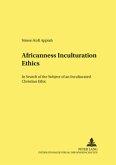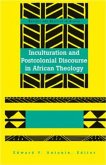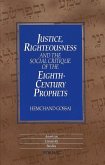For 150 years Africans have been longing for a Christianity which is not the "White man's religion." Missionaries have often failed to strip the Western cultural "garb" from their presentation of the gospel. Emerging African theologians in rapidly expanding congregations are beginning to formulate an explicitly African theology. The Christian message must be contextualized within the local culture if it is to be communicated effectively in the daily life of the African Christian. This book shows how missionaries and African Christians can work together to find timeless biblical principles and allow those principles to directly impact African culture.
"Dick Rader has written from a knowledge and perspective of a decade of personal involvement in Zambia and another year of teaching in South Africa. As he writes of "cultural voids" and "supracultural truth", his presentation is both relevant and thought-provoking for any who seek to understand the African social scene in general terms or the Zambian perspective more specifically. The book is worth reading for a grasp of either perspective." (Davis Saunders, Vice President, Foreign Mission Board of the Southern Baptist Convention)
"Dr. Rader approaches one of the most pressing of missiological issues - that of contextualization in the area of Christian ethics. The work should be widely read and considered. Few contemporary works consider the contextualization of Christian ethics, and none do it better than Dr. Rader¿" (Ebbie C. Smith, Southwestern Baptist Theological Seminary)
"Dr. Rader approaches one of the most pressing of missiological issues - that of contextualization in the area of Christian ethics. The work should be widely read and considered. Few contemporary works consider the contextualization of Christian ethics, and none do it better than Dr. Rader¿" (Ebbie C. Smith, Southwestern Baptist Theological Seminary)






